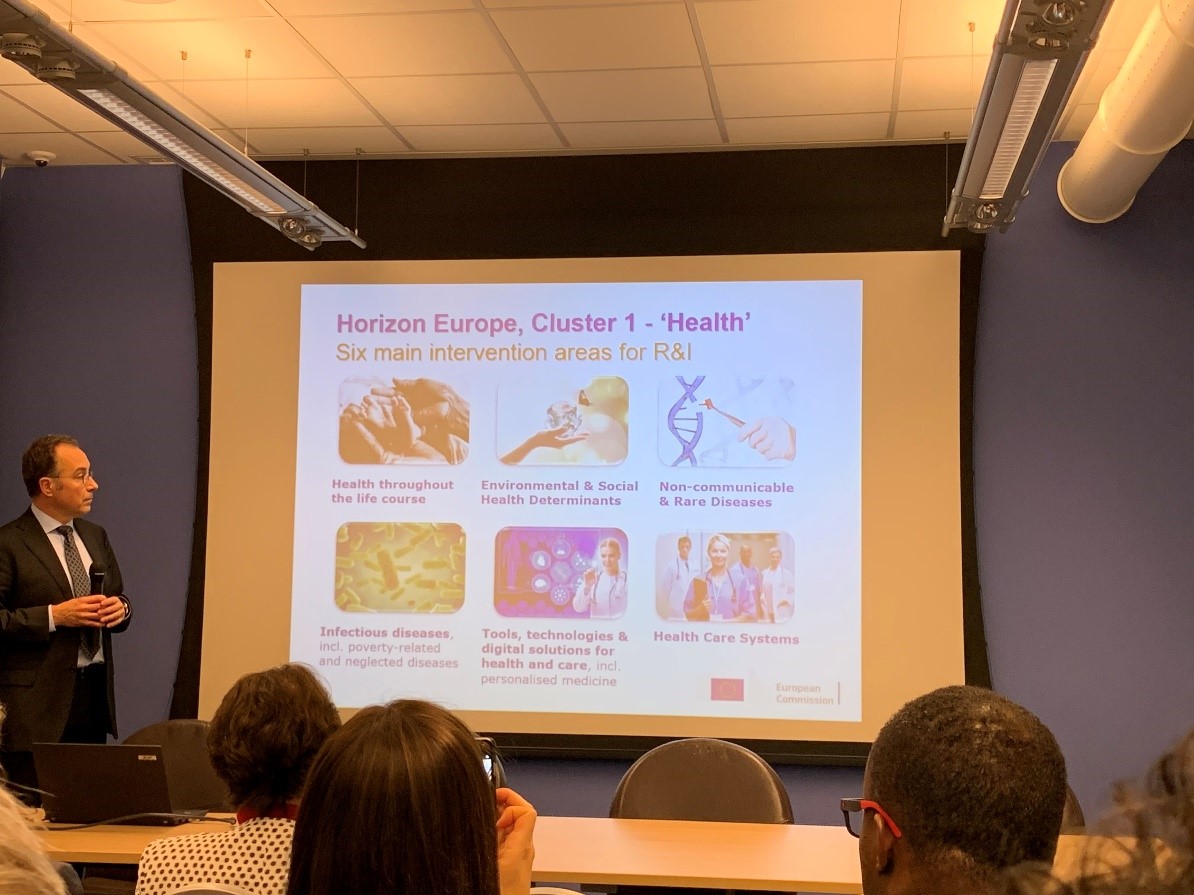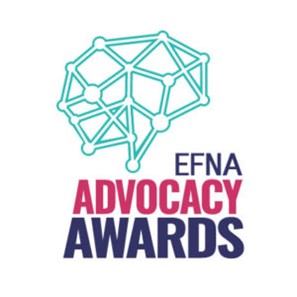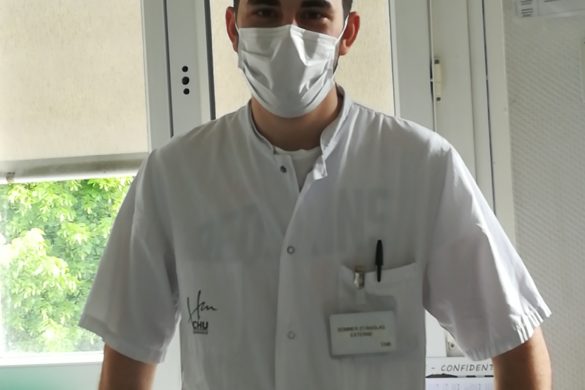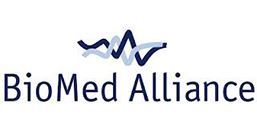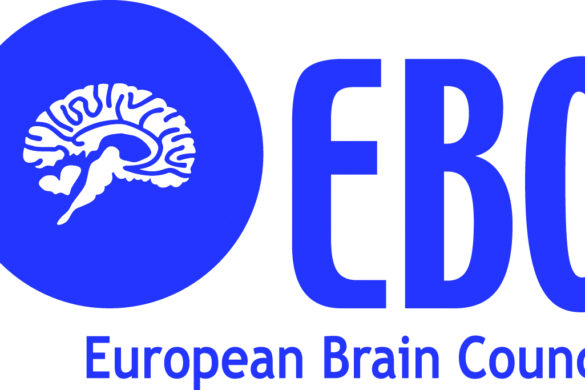Brain health back on the agenda in the European Parliament. Research policy still pending.
On 6 November 2019, EAN attended the “Brain, mind and pain MEP Interest Group’s” the first meeting in the new configuration of the European Parliament. The event was organized by Pain Alliance Europe, EFNA (European Federation of Neurological Associations), EBC (European Brain Council) and hosted by MEP Tilly Metz (Greens, Luxembourg) and MEP Jaroslaw Duda (EPP, Poland). This MEP Interest Group is endorsed by 35 MEPs and aims to coordinate work on brain and pain related issues with relevant stakeholders and organizations.
The Interest Group’s main objectives are to 1) Support patient-led campaigns to educate, eradicate stigma and raise awareness of neurological and chronic pain disorders; 2) Support research into the development of innovative prevention and treatment options within a regulatory framework which facilitates equitable access to affordable therapies; 3) Strengthen patient involvement in this research, and in policy-setting and decision-making; 4) Implement relevant European social legislation to ensure appropriate support for people living with neurological and chronic pain disorders.
Pain Alliance Europe also presented their latest results of a survey on pain and stigma which showed 50% lower quality of life due to chronic pain. 50% of patients felt stigmatized by healthcare professionals, work colleagues and even partners.
MEP Tilly Metz called for a holistic approach to destigmatize chronic pain. She re-iterated that more work is needed towards appropriate policies. MEP Jaroslaw Duda also called for better access to diagnosis, treatment and healthcare services in order to better manage and destigmatize chronic pain. He acknowledged the importance of the MEP Interest Group in sharing knowledge and best practices. He also said that proper support systems are needed for an independent and dignified life for the patients and their families.
On a more technical level, on 19 November, EAN was also present at the BioMed Alliance’s workshop that aimed to shed light on the upcoming EU flagship framework for research funding, Horizon Europe. The event consisted of three sessions, discussing the current status of the project, next steps and best practices.
In the first session, Gianpietro Van De Goor from DG Research and Innovation, European Commission (EC) presented where health is positioned across Horizon Europe for the time being. He provided a break-down of EU funding opportunities within Horizon Europe for medical societies that are navigating the different pillars, the “missions” and public-private partnerships in the programme. A special focus was on how medical societies can be part of Horizon Europe. In the second session, Representatives from National Contact Points and Member States along with coordinators of IMI2 (Innovative Medicines Initiative 2) and Horizon 2020 funding projects discussed strategic directions and explored concrete ways how medical societies can get involved in Horizon Europe and how existing opportunities can be integrated in their work and strategy. In the third session, a selection of member associations shared their experience in participating in Horizon 2020 projects, what are the opportunities and challenges of EU funding projects.
Horizon Europe’s basic structure is already laid down in a near-finished law, but several key pieces of Horizon Europe are still missing or are under development in other European institutions. The revised Orientations towards the first Strategic Plan for Horizon Europe document gives a broader overview into the implementation plan for Horizon Europe’s first four years. This document is planned to be adopted early 2020.
Horizon Europe rapporteur MEP Christian Ehler gave a first indication that the research programme is likely to be trimmed by €12 billion because some European Member States want to reduce overall EU spending, while others are defending the structural funds and agriculture subsidies, the two largest slices of the budget. Since every member state has veto, that places research as the main target for budget cuts.
EAN has also contributed to the final consultation on Horizon Europe based on the above mentioned Orientations document. The survey questions primarily targeted pan-European umbrella associations of national organisations.

